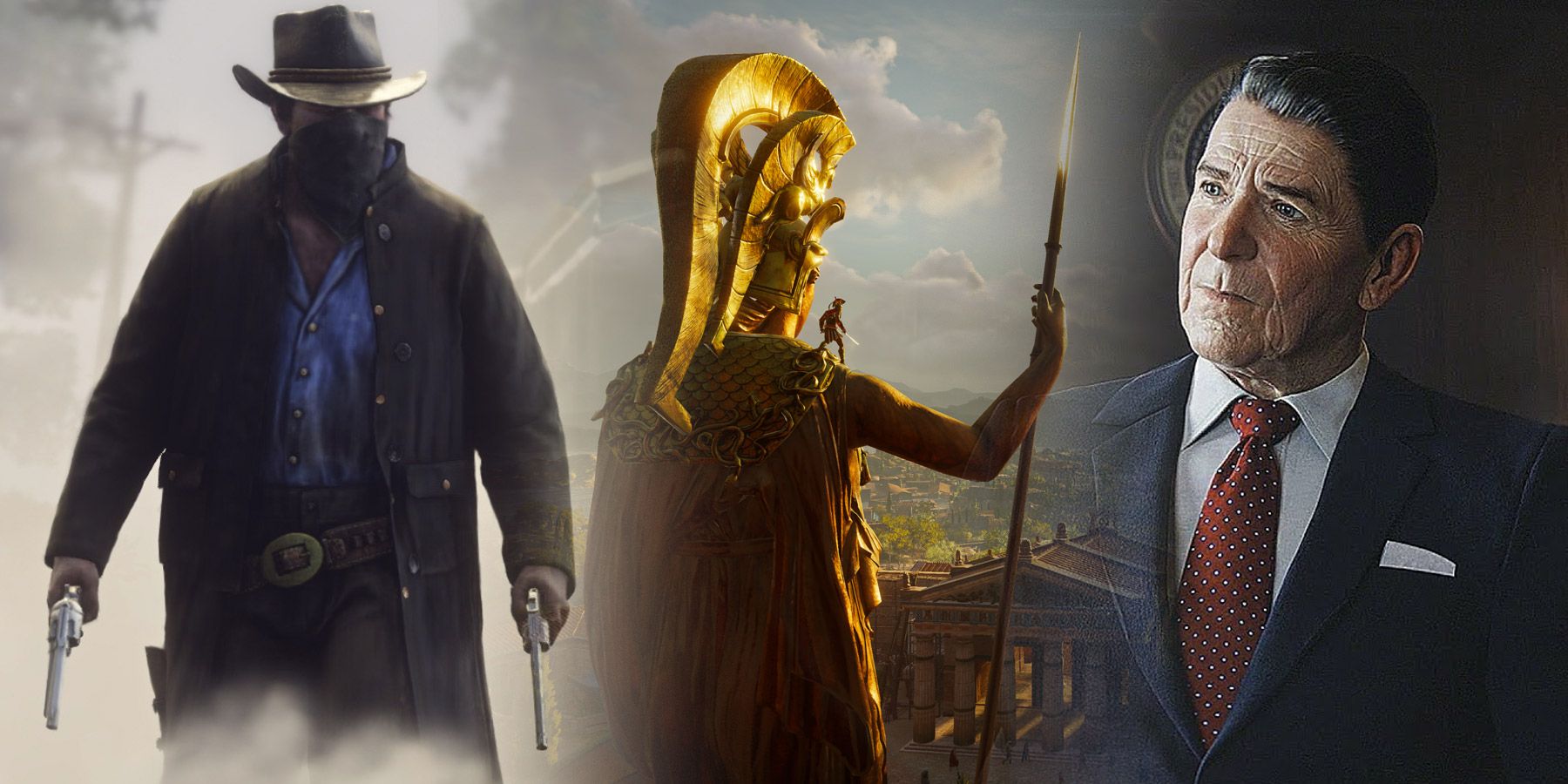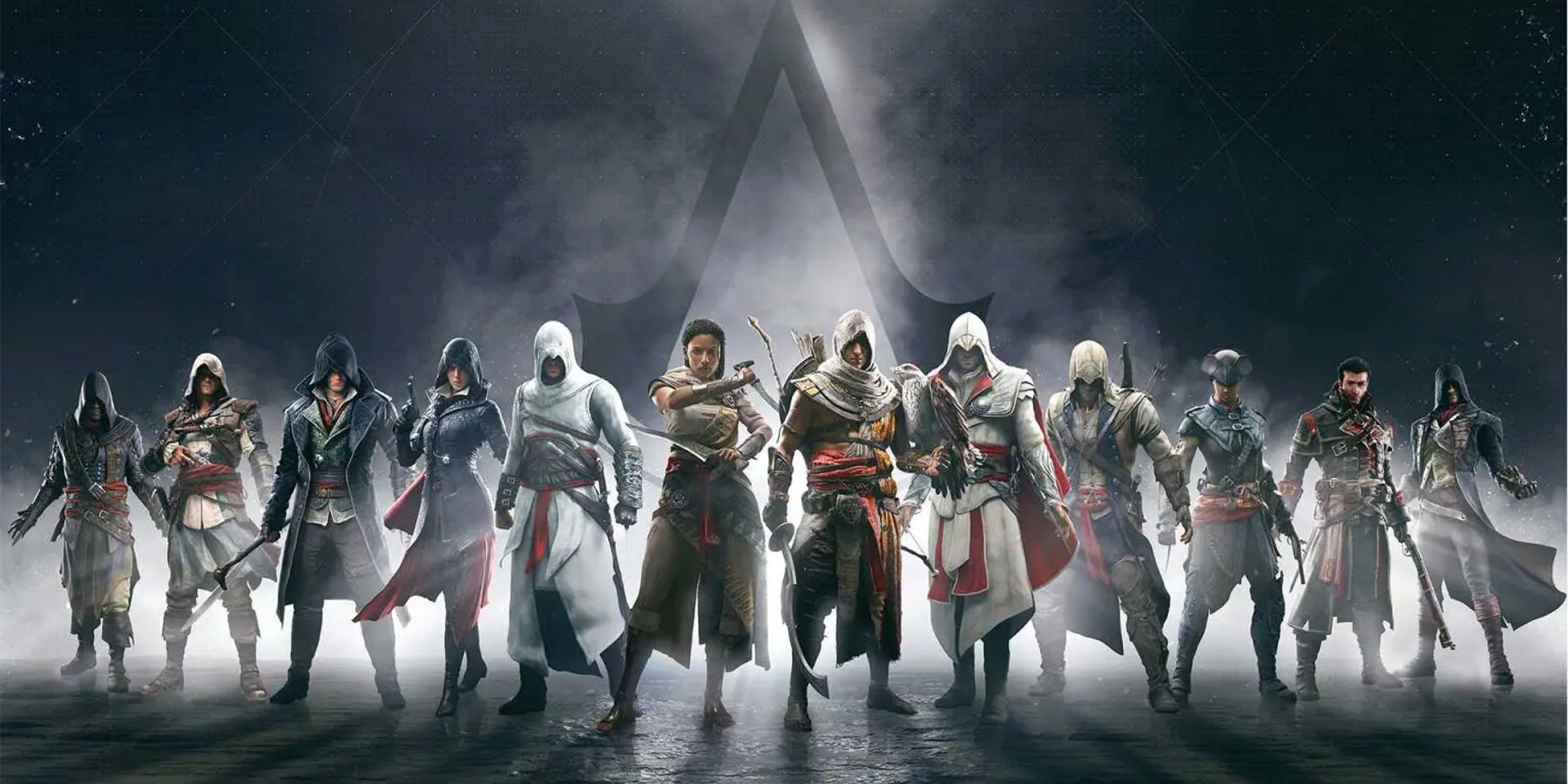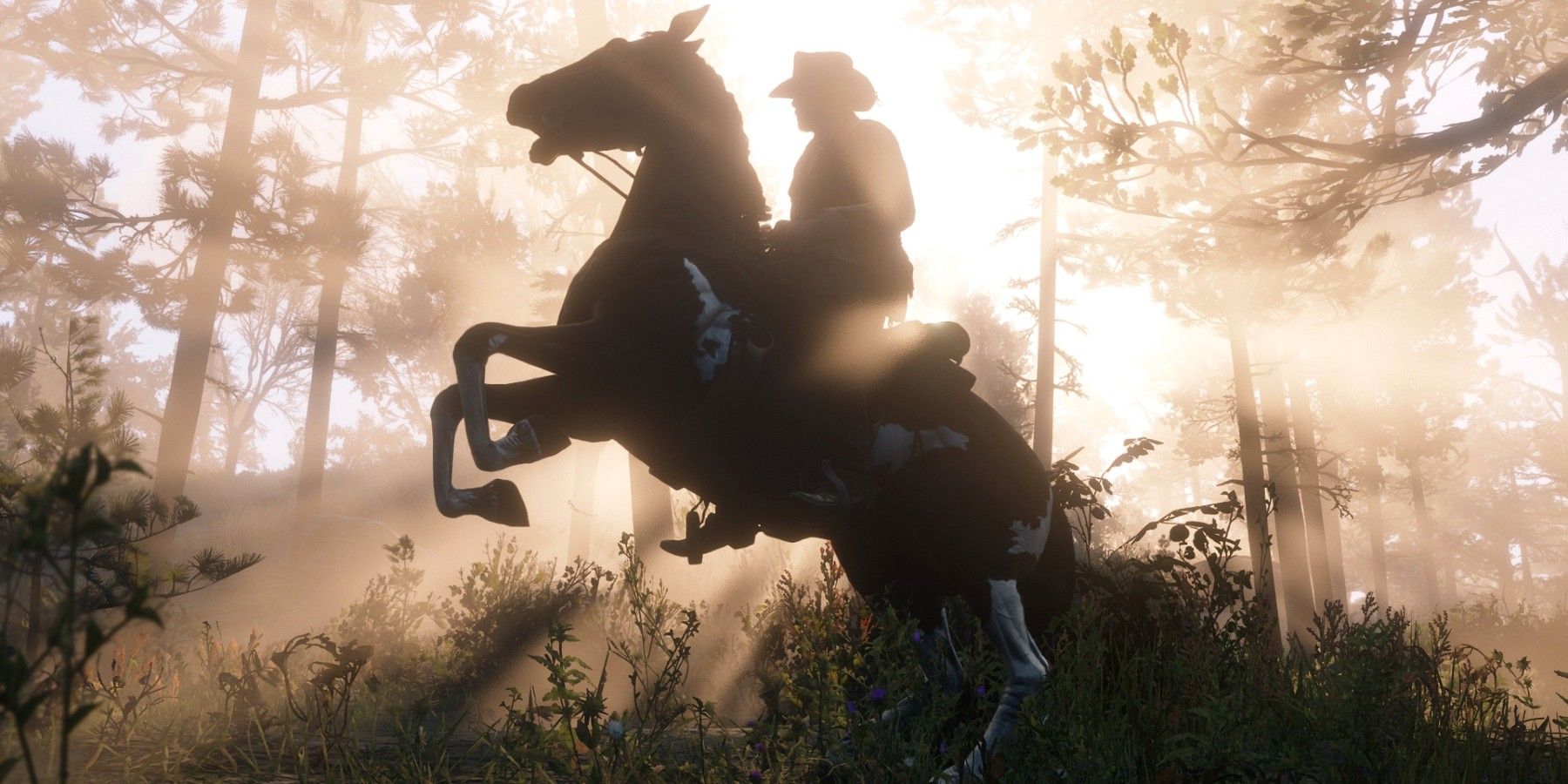Besides story and gameplay, one of the biggest draws to video games are the fantastical settings that are created for the player to explore. Video game settings tend to range from dystopian futures, entire galaxies, zombie apocalypses, fantasy lands, or even alternate realities. Except for a few large franchises and indie games, seldom do these settings involve historical settings, and when they do, it is usually during a time of war.
Some of the largest franchises whisk players off to historical events. Call of Duty, Battlefield, Total War, and Assassin's Creed love exploring history in the majority of their entries. However, the majority of other franchises and games decide to instead bring players to fictional settings, and that leaves much of history untapped by the gaming industry. Human history is a vast and interesting locale that movies choose to explore all the time, and maybe it is time for video games to do the same.
The Biggest Historical Video Game Franchises
When players think of video game franchises that explore history, the majority of the time Assassin's Creed will come to mind. Ever since its inception in 2007, Assassin's Creed has been bringing players across history to participate in the fictional war between Assassins and Templars. The series has brought players to the Third Crusade, Renaissance Italy, the American Revolution, The Golden Age of Piracy, the French Revolution, the Industrial Revolution in London, Ancient Egypt, Ancient Greece, and most recently, the Viking age. Almost every game has explored a new time period and allowed players to meet famous historical figures in said period.
The Call of Duty franchise has also explored history throughout some titles. As the series is a first-person shooter, the eras that the franchise has chosen to explore are based around the biggest wars in human history. It has mainly explored World War 2, modern combat, and the Cold War. Once in a while it returns to World War 2, like with the most recent entry Call of Duty: Vanguard. While some fans love the World War 2 titles more, the series as a whole has focused evenly on its main three settings.
Call of Duty is not the only major first-person shooter franchise that explores history, as the Battlefield series has also ventured back in time. The series began in 2002 as a World War 2 shooter and has since explored the Vietnam War and World War 1. Just like Call of Duty, Battlefield tends to favor more modern or futuristic settings. Two of the recent entries returned to the World Wars, but the latest game in the series brought Battlefield back to the modern era that many fans enjoy.
Alongside those three franchises, there is Creative Assembly's Total War series. Total War is a strategy series that brings players throughout history to control massive armies and shape the future. The franchise has gone to Ancient Rome, 15th Century Japan, the Medieval era, the 18th Century, the Napoleonic Wars, 395 AD, 878 AD, the Three Kingdoms period of China, and during the Bronze Age. So many time periods have been explored by Total War, making it perfect for history buffs.
Some people may also consider Sid Meier's Civilization as a historical franchise. While the series does let players control various historical civilizations and figures, the actual history of the game is created by the player. It does not follow any real world events, but rather the player creates said events in-game as they vie for victory against the other civilizations. The game provides a great look at historical figures and monuments, but the actual Human history is nonexistent.
Human History is Still an Untapped Gold Mine
Call of Duty, Battlefield, Assassin's Creed, and Total War do a good job of exploring certain historical periods, but it only goes so far. Three of those franchises focus on times of conflict, with two of them only focusing on major wars. While Assassin's Creed explores major historical events with a fictional lens. These franchises have become staples of gaming and give players a look into the past, but even more games should provide this while also touching on different moments in history.
So many video games elect to bring players to fictional locales and leave history behind. The Fallout series brings players to post-apocalyptic America, Halo brings them across the stars to fight a galactic war, Dying Light brings them to a zombie apocalypse, and Horizon Zero Dawn brings them to a robot apocalypse. While those games deliver fantastic worlds that players will get lost in, there comes a point where a lot of games are bringing players to similar locales with different skins.
Choosing to explore history can alleviate that. Red Dead Redemption explores a fictional version of the old west, and the world that Rockstar created is often considered one of the best open-worlds in gaming. It feels different from other open-worlds because it is based in a version of history, while many other games choose to explore futuristic or apocalyptic landscapes. Ubisoft often receives praise for the landscapes that it creates for Assassin's Creed, and sometimes people will even use screenshots of the locations as examples of that time period. The worlds constructed by Ubisoft feel different and unique from a lot of the futuristic or modern open-worlds that are seen elsewhere.
There are many time periods that have been left untouched or have only been explored once or twice. Imagine a simulation game that lets players manage a post-revolution United States, an adventure game that takes place during the Mayan Civilization, or a strategy game all about exploring the world during the Age of Exploration. Letting players explore these iconic time periods in different genres would be trilling, and gamers may learn something along the way.
The future is fun to predict and explore, but so is the past. Human history is waiting to be explored by more than just a handful of major franchises, and maybe now is the time to look into the past for inspiration as opposed to creating another possible future.



